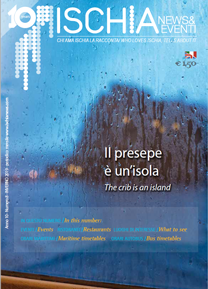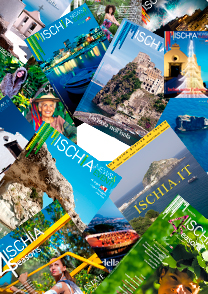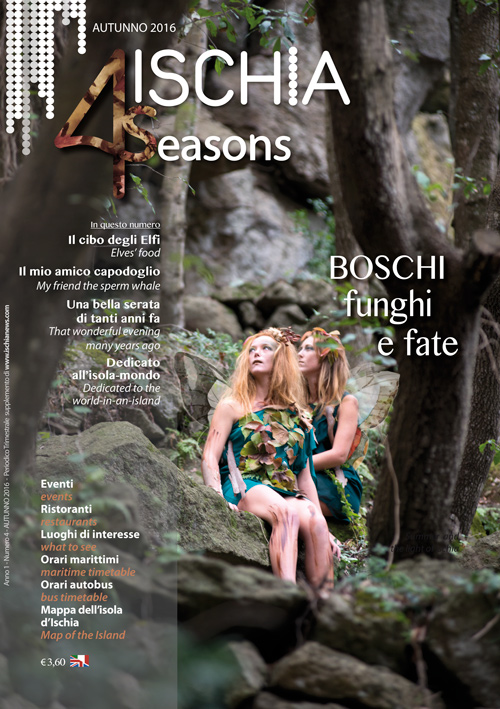The cinema and the art by Aleksandr Sokurov

It is difficult to speak about an author like Aleksandr Sokurov. His cinema is cultural, complex and subtly ambiguous, in which even the liturgical slow becomes art and style. A cinema that asks a lot to the viewer: avoiding the account in favor of the staging, worshiping the author and bestowing merits, loving hermeticism and not surrendering to the fatal beauty of the images. Is it worth it?
Yes, definitely. We are facing with an immensely talented visionary, one of the few living directors to make a cinema of authentic style and absolute depth of content.
The Sokurov’s films focus on the annual study seminar organized by the Circle G. Sadoul of Ischia. The summer school of history and film culture dedicated to Luchino Visconti celebrates its 20th Anniversary. It could not be better to celebrate this anniversary than by watching and studying a filmography within which converge and mingle diverse artistic influences. They are works that always leave a mark.
“Admiring the magic: cinema and art of Alexandr Sokurov”. This is the title of the study seminar held by prof. Denis Brotto (University of Padua) through five lessons that will be held as usual at the Biblioteca Antoniana of Ischia and are divided as follows: “On history and power: ‘Moloch’, ‘Taurus’ and ‘The Sun’(June 24) , “The word and image: from the ‘Lonely Voice of a Man’ to ‘Faust’(June 25); “The gallery of nature”: ‘Mother and Son’ and ‘Hubert Robert’ (June 26); “Art and time”: 'Russian Ark’ (June 27); “The Elegies between poem and memory” (June 28).
A tradition, that one of the summer school of higher education, which in recent years has reviewed contemporary authors such as Abel Ferrara and timeless masters such as Hitchcock, Bunuel, Lubitsch, Bresson, Rossellini, Powell & Pressburger, it has reflected on the “New German Cinema” and the glory (and harmful) of the Nouvelle Vague, investigating the relationship between cinema and the ideologies of the twentieth century or the strength, too underestimated the documentary as a tool for knowledge of reality. To mind seminars, scholars and more fans of a language that, after more than a century, never ceases to conquer audiences all over the world: Gianni Rondolino, Giovanni Spagnoletti, Auro Bernardi, Carlo Montanaro, Vieri Razzini, Emanuela Martini, Arturo Martorelli, Luigi Paini, Aldo Tassone.What will we see in the evenings in the Library? First of all works of great charm. The Sokurov’s films are placed in an ‘other’ position compared with the securities of mainstream cinema that usually occupy our rooms. Like icebergs, are presented to the eye. Alien objects, silently came to our shores to seduce us and disturb us. Like iceberg, they provide a visible impressive role, though smaller compared to what’s underneath. Always beyond reality, such as painting or music.
The extraordinary portraits of the ‘trilogy of power’: the grotesque and hypochondriac Hitler of “Moloch”, the pathetic and at the same time titanic Lenin of “Taurus” (wondering if after his death, the wind will blow again or if the sun will continue to go down), and finally “The Sun”, where Emperor Hirohito of Japan is compared by American soldiers in Charlot. The Sokurov’s magnetic gaze goes down to the grotesque and devastated bottom of the man of power, reserving to each a black chapter or a dark epic: one will die (Lenin), the other will remain in a limbo of indecision and madness that will take him to suicide (Hitler), the third one must abdicate its role as a divine being (Hirohito).
We will review the rooms of one of the world’s finest museums: the Hermitage in St. Petersburg. Location of an impossible challenge, won in the sign of the masterpiece. And “Russian Ark”, one beautiful sequence shot in the place of Utopia and History. Not a film about art and probably not even on the art in the service of power. Perhaps a movie that puts up dizziness, the one that is found in every museum and every court, unreal places created by a surplus of passion and power. It’s wrong to presume that Sokurov’s films are cold or trapped in a superb but sterile formalism (the infinite pictorial suggestions, for example). It would be enough the vision of “Mother and son”, or any of his Elegies, to provide a test of how much the feeling is deeply rooted “inside” the universe of the Russian filmmaker. Many Elegies, perhaps too many, but the ostracism of the early Soviet years has forged such a strength and such a personality to align projects with a prolificness and constancy without equal. Essentially, what are most striking in the work of this film maker are his complete varieties. The latest film by Aleksandr Sokurov’s, “Faust”, won the Golden Lion at the Venice film festival in Venice a couple of years ago. Free rereading of the work by Goethe as that by Mann, retains the basic idea, to which the human condition would be a continuous wandering. Everything is there: the free crime, the appearance of adolescent Margarete, the explosion of desire and the sale of the soul with so much of the contract signed in blood. What remains of Myth after passing through the hands of Sokurov? A feeling, perhaps. Or the insatiable hunger that drives man to extreme effect. Is this the idea of Sokurov on the cinema, the world and existence? Watching and rethinking of his films will help us to find out. The summer school of cinema of the Circle G. Sadoul is dedicated to the memory of Tonino Della Vecchia, who was its promoter and organizer. The seminars are free and open to all, to those who request it will receive a certificate of participation.
To see all the short films go to page Ischia and the cinema
























































































